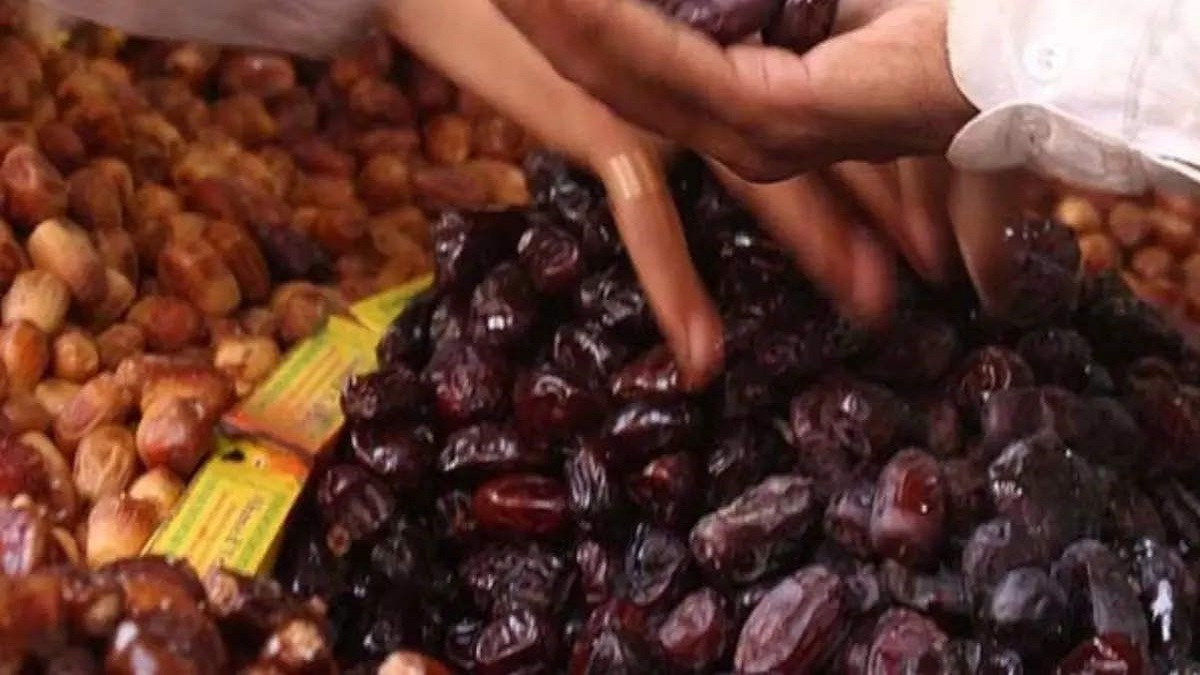The citizens of Pakistan are facing an exceptionally challenging Ramadan this year as a result of hyperinflation, an economic slowdown, and reduced incomes. The situation has severely limited their buying power and put a damper on their daily expenses, particularly in terms of edible commodities, during the holy month.
Despite the arrival of the month of blessings, where commodity prices typically fall drastically worldwide, rates of supplies in Pakistan have multiplied, causing further misery for a nation already struggling with poverty. Retailers have reported receiving fruits and vegetables at higher rates, while wholesalers have cited a shortage of supplies.
Meeting kitchen expenses, particularly for the mediocre and low-income groups, has become a daunting task due to skyrocketing inflation. Ramadan delights, such as pakoras, are now more expensive, and the price of chickpea flour – a staple ingredient in the dish – has soared to an unprecedented level, being sold at between Rs250-300 per kilo compared to Rs150-200 last year. Readymade pakoras are available in the market for Rs400 per kilo.
The prices of Iranian dates have skyrocketed to Rs600 per kilo, while the price of bananas, a critical ingredient in fruit chaat (salad), has soared from Rs200 a dozen to Rs500 per dozen in just one month. Meanwhile, chicken meat, whose price has already increased several times during the past few months, is now being sold at Rs750-800 per kilo as compared to its earlier rate of Rs650 per kilo. It is expected to surpass the price of beef.
Read More: Pakistan records highest ever weekly inflation in almost 50 years
Many households prefer to purchase loose flour because of affordability concerns. However, the availability of loose flour is already scarce in several areas, and it is being sold at Rs160 per kilo, making it extremely difficult for breadwinners to feed their families. In some cities, tandoori naan is being sold at Rs30, while in others, it is being sold for Rs40.
Onions, a basic cooking ingredient, are being sold between Rs120-200 per kilo at retail markets compared to Rs40-80 during last Ramazan. High-quality basmati rice is being sold at Rs360 per kilo, as compared to Rs250 last year, while the fine quality cooking oil is available at around Rs650 per litre against the price of Rs400 last year. Loose milk rates have increased to Rs210 per litre as compared to Rs150 last year, and yogurt is being sold between Rs280-300 per kilo compared to its price of Rs240 last year.
The citizens’ misery has been exacerbated by a surge in electricity and gas rates. Overall, this Ramadan is proving to be a trying time for the citizens of Pakistan as they struggle to make ends meet during the holy month.



























